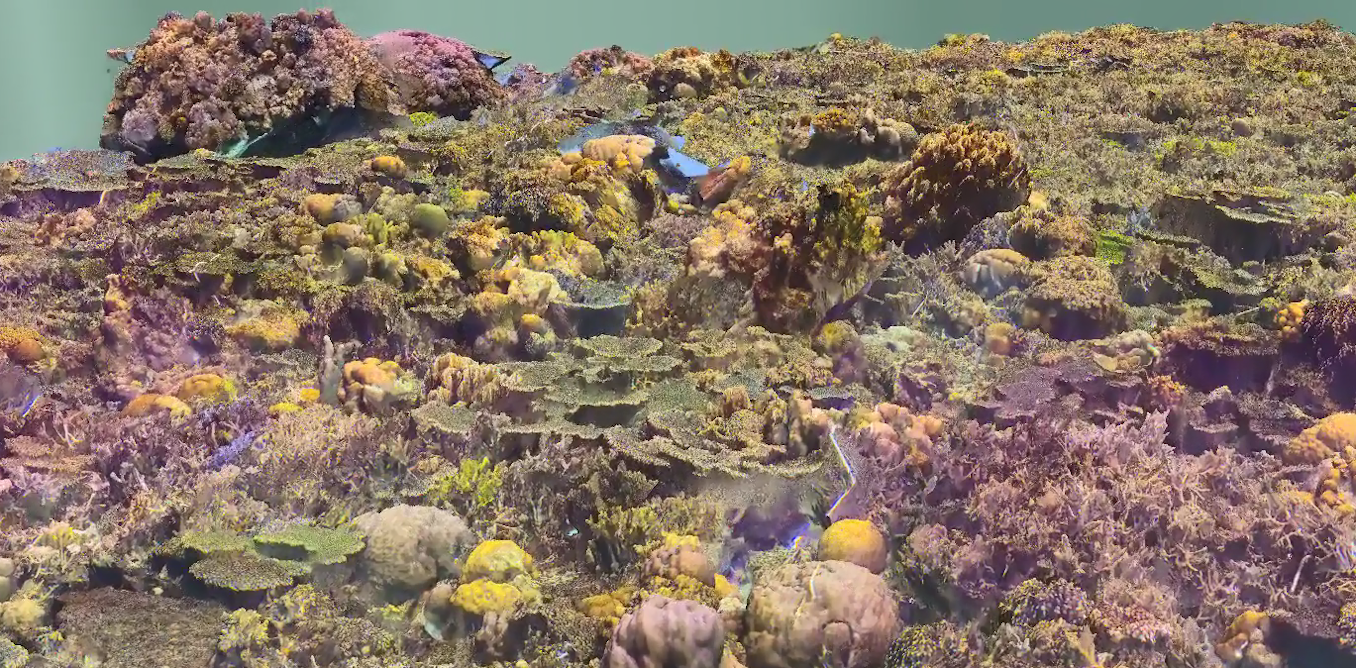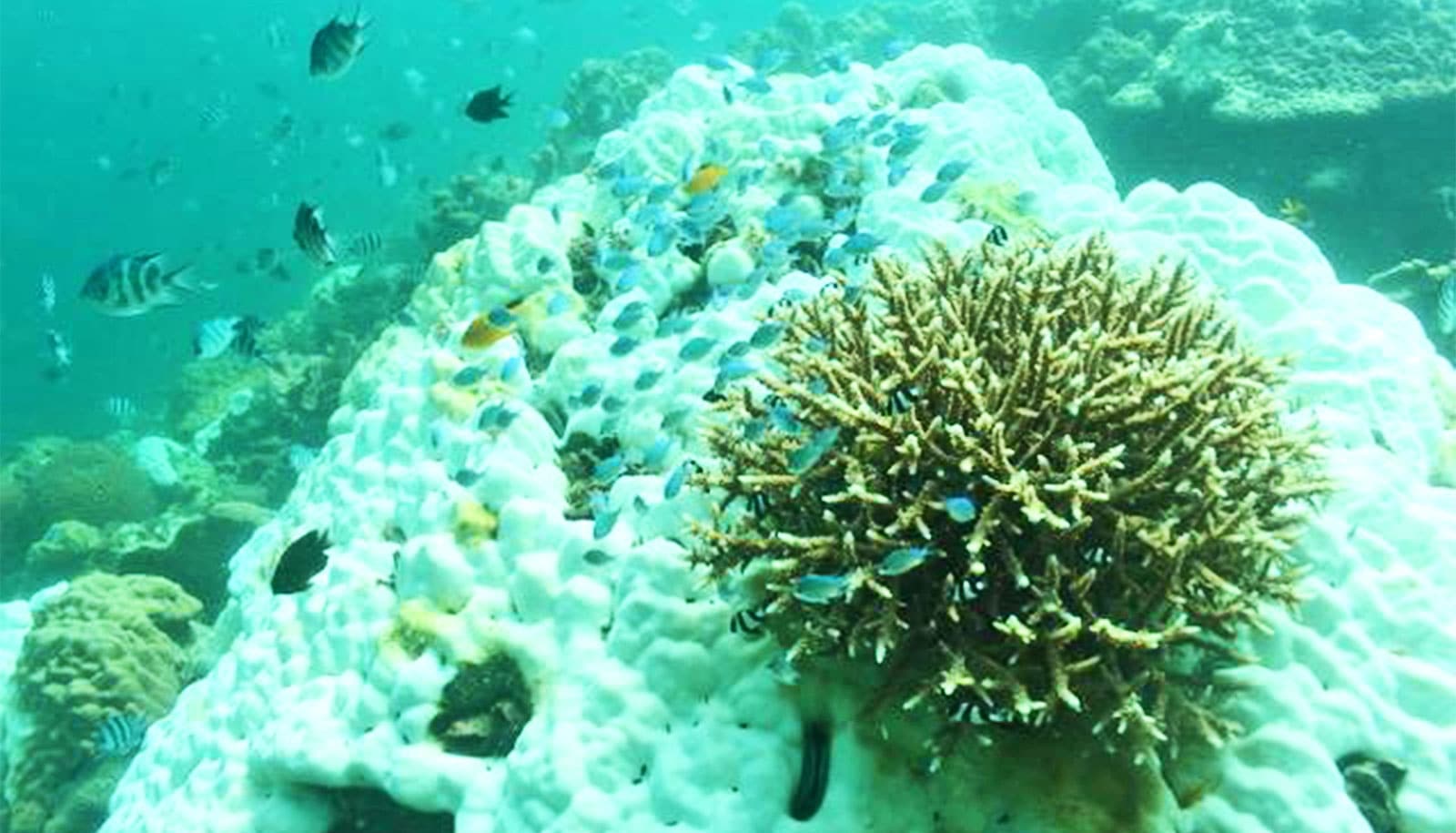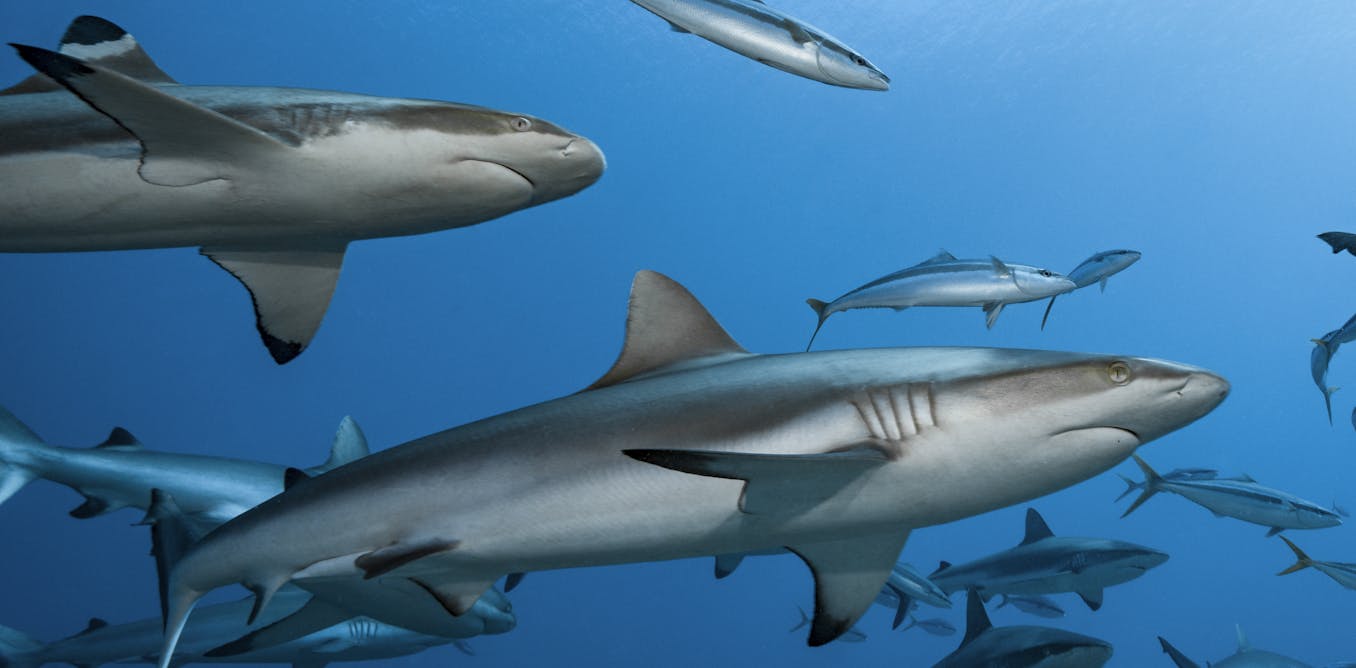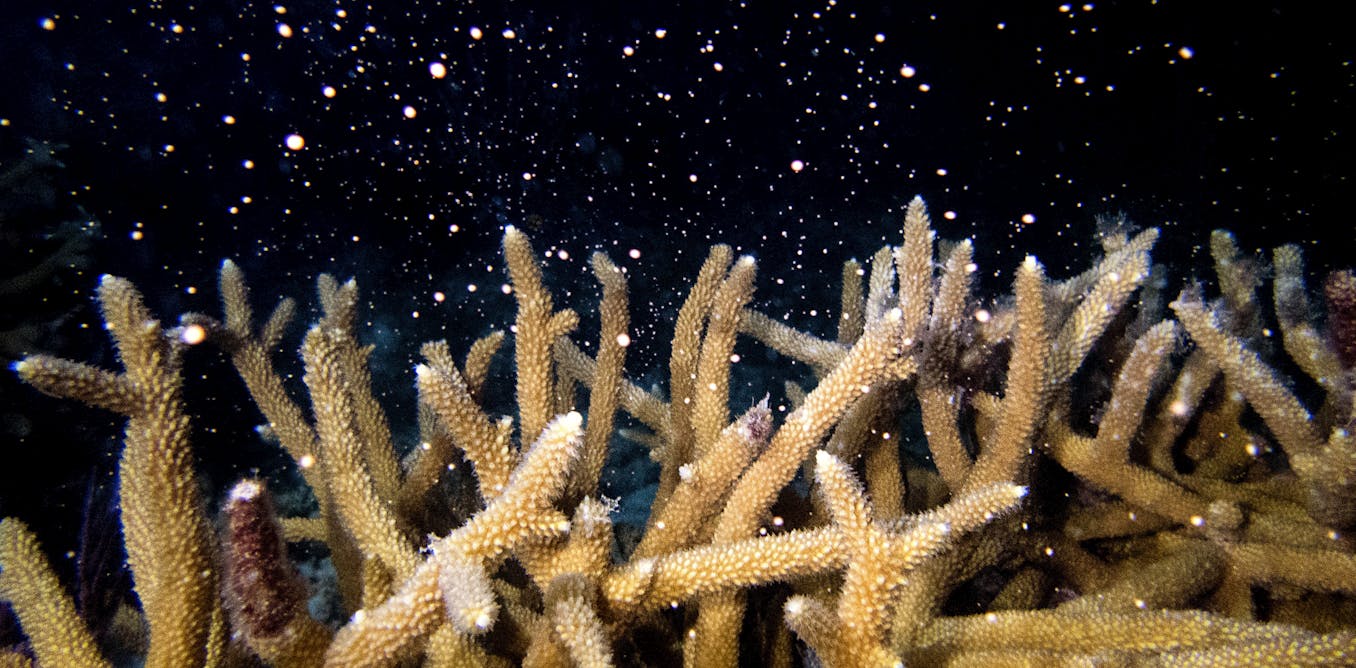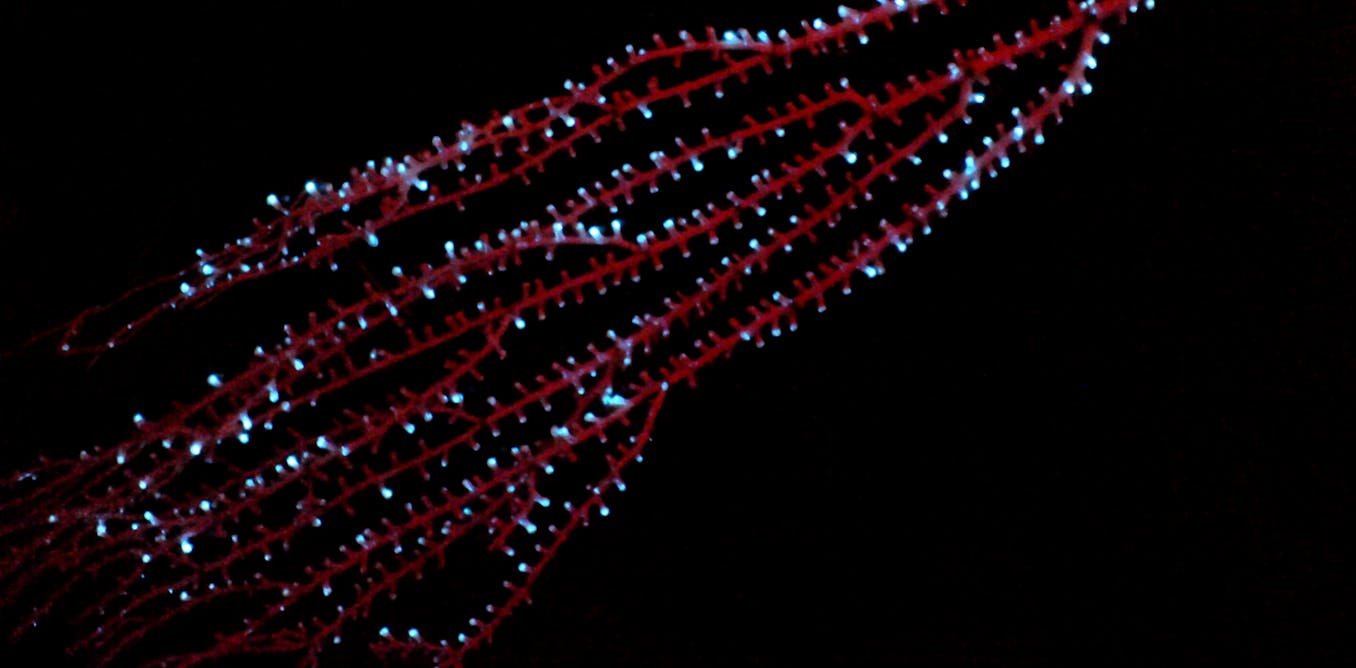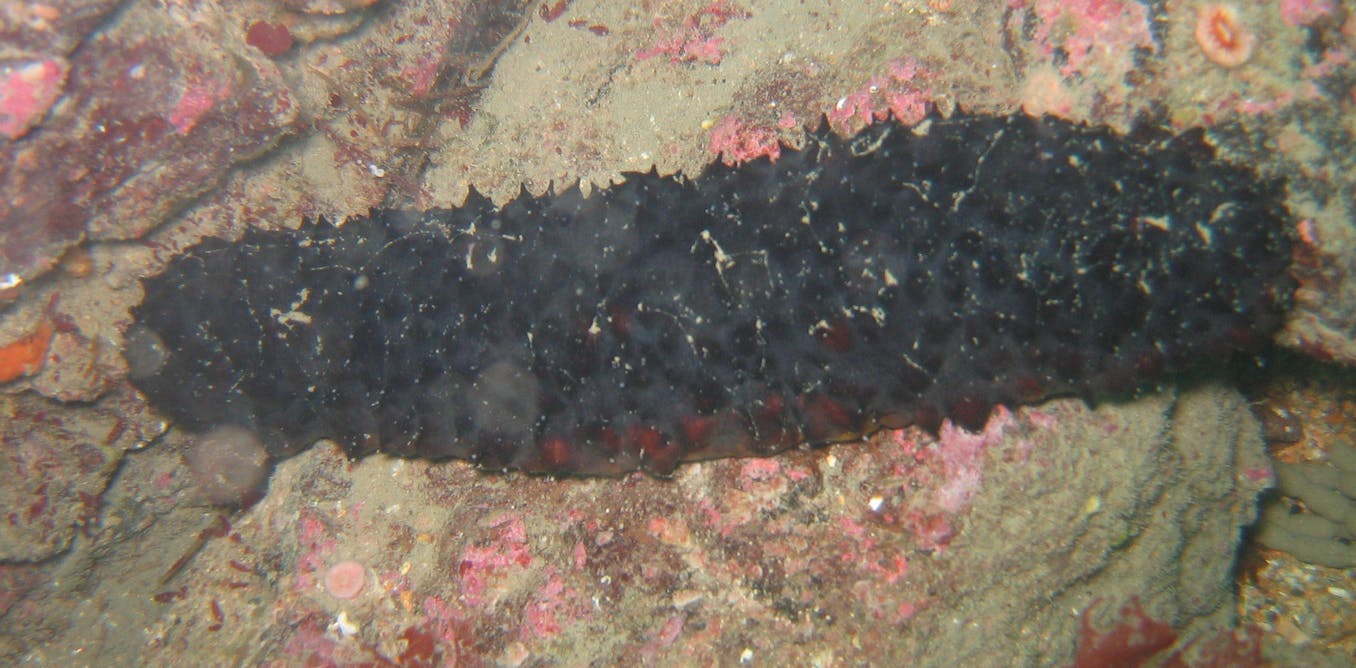Chagos Islands: how to ensure their coral reefs aren’t damaged as they return to Mauritius
The environmental impacts of a change in management and human activity depends on what, if any, development takes place and how it is managed.
Oct. 9, 2024 • ~6 min
Our digital 3D models of huge coral reefs could help revive these precious ecosystems
Creating 3D computer models of entire reefs – sometimes known as digital twins – can help researchers monitor these precious ecosystems faster and more accurately than ever before.
Sept. 23, 2024 • ~7 min
Sunscreens can hurt the marine environment – here’s how to choose one that’s healthy for you and the sea
Certain sunscreens could harm the marine environment - here’s how to choose ones with environmentally friendly UV filters.
Aug. 2, 2024 • ~9 min
Oceans without sharks would be far less healthy – new research
A broad review of shark research shows that sharks play critical roles in keeping ocean ecosystems such as coral reefs and seagrass beds healthy.
Aug. 1, 2024 • ~8 min
The world’s fourth mass coral bleaching is underway, but well-connected reefs may have a better chance to recover
Coral reefs share genetic material across wide areas, with help from ocean currents. This ability is especially important during episodes like the mass bleaching currently occurring.
June 26, 2024 • ~9 min
From glowing corals to vomiting shrimp, animals have used bioluminescence to communicate for millions of years – here’s what scientists still don’t know about it
Dozens of animals, some on land but many in the ocean, can produce light within their bodies through chemical reactions. Scientists are still trying to understand when and why this trait developed.
June 14, 2024 • ~10 min
Coral reef recovery could get a boost from an unlikely source: Sea cucumbers, the janitors of the seafloor
Sea cucumbers have been overharvested for centuries. At the same time, coral reefs have declined as well. Research suggests that saving the former may help restore the latter.
June 11, 2024 • ~4 min
/
14



